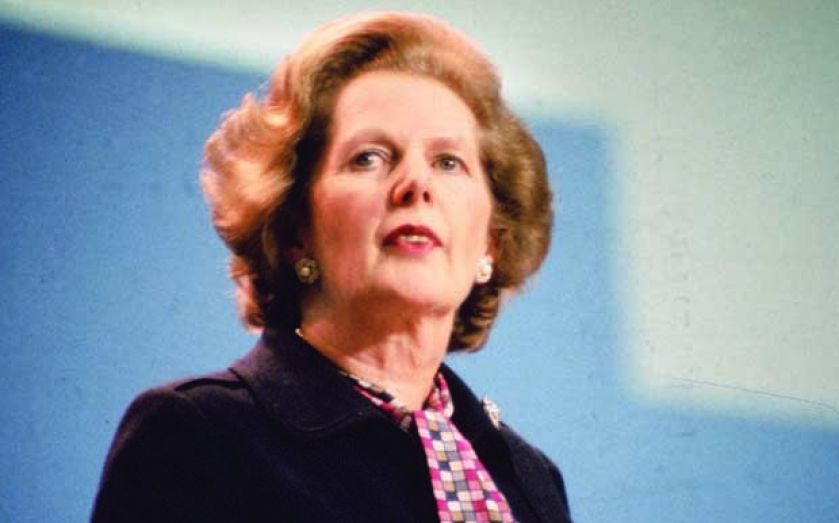Margaret Thatcher secret documents: Six revelations including the BBC, nuclear bunkers and the poll tax

Files released today by the national archives in Kew, West London have given us an insight into Thatcher era policy during the height of the Cold War. From plans to build nuclear bunkers, to crackdowns on football hooligans and eerie predictions for the future global financial crisis here are some of the best bits.
Britons could have watched ITV for free:
The documents, which cover 1985-1986, show that Margaret Thatcher proposed letting people watch ITV without having to obtain a TV licence. She said this would make the BBC more competitive and be "consistent with the government's aim of giving people as much free choice as possible." Thatcher also looked into introducing paid-for advertising at the BBC after growing concerns about its spending.
Thatcher mulled bringing chemical weapons back:
The former Prime Minister considered restarting the government's chemical weapons programme despite a potential £200m bill and the fact it was contrary to official Downing Street policy at the time. It was in response to the perceived threat of chemical attacks by the Soviet Union, which was estimated to potentially result in tens of thousands of deaths.
Nuclear bunkers for every British home:
Government officials also looked into fitting every home in British with its own nuclear bunker. They wanted to protect the population against a potential nerve gas attack by the Soviet Union during the Cold War. However the plans were dropped after experts pointed out the shelters wouldn't be able to provide enough air for a family of four through the requisite 10 hours.
Football hooliganism:
The government wanted to launch a press campaign called "goalies against hoolies" in which Thatcher would feature. It followed the 1984-5 football seasons which had left English clubs with an indefinite ban from European matches.
Current Cameron aide pushed for the poll tax:
Government adviser Oliver Letwin encouraged Thatcher to press forward with plans for the much-hated poll tax. In 1985 he wrote in a memo "no one can say you are being insufficiently radical, since you will be … trying out an extremely radical system in a significant part of the country."
Poll tax was a flat-rate tax on every adult introduced in Scotland in 1989 and England and Wales in 1990, which prompted widespread rioting and made the Thatcher government increasingly unpopular among a large section of society. It was scrapped in 1993 and replaced by council tax following widespread protests, though is widely viewed as having been responsible for Thatcher's political demise.
Policy tussle over the "Big Bang":
Policy adviser David Willetts warned the Prime Minister that the sudden deregulation of Britain's banking sector could result in greater competition, leading to "unethical behaviour". This was countered by head of the policy unit John Redwood who said increased competition would actually tame bad behaviour.
The so-called "Big Bang" of 1986 was a series of financial reforms that deregulated the City. While the measures caused older institutions to wither away it was viewed as having increased the international competitiveness of the financial district.